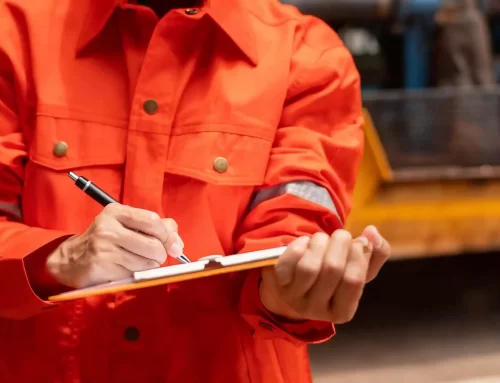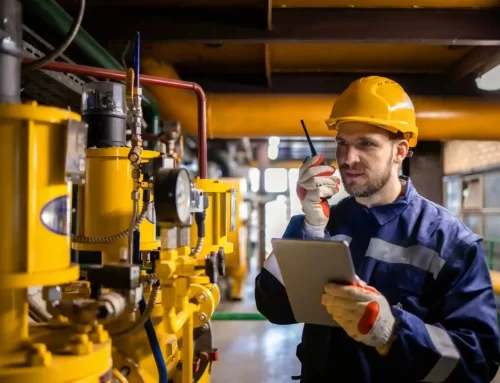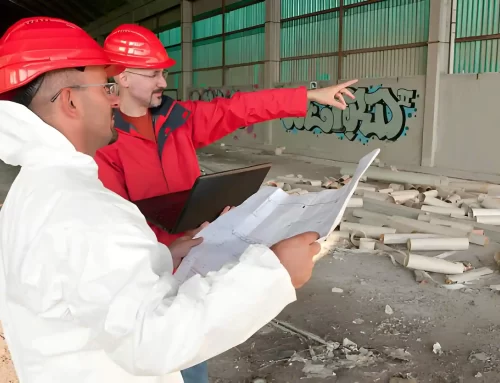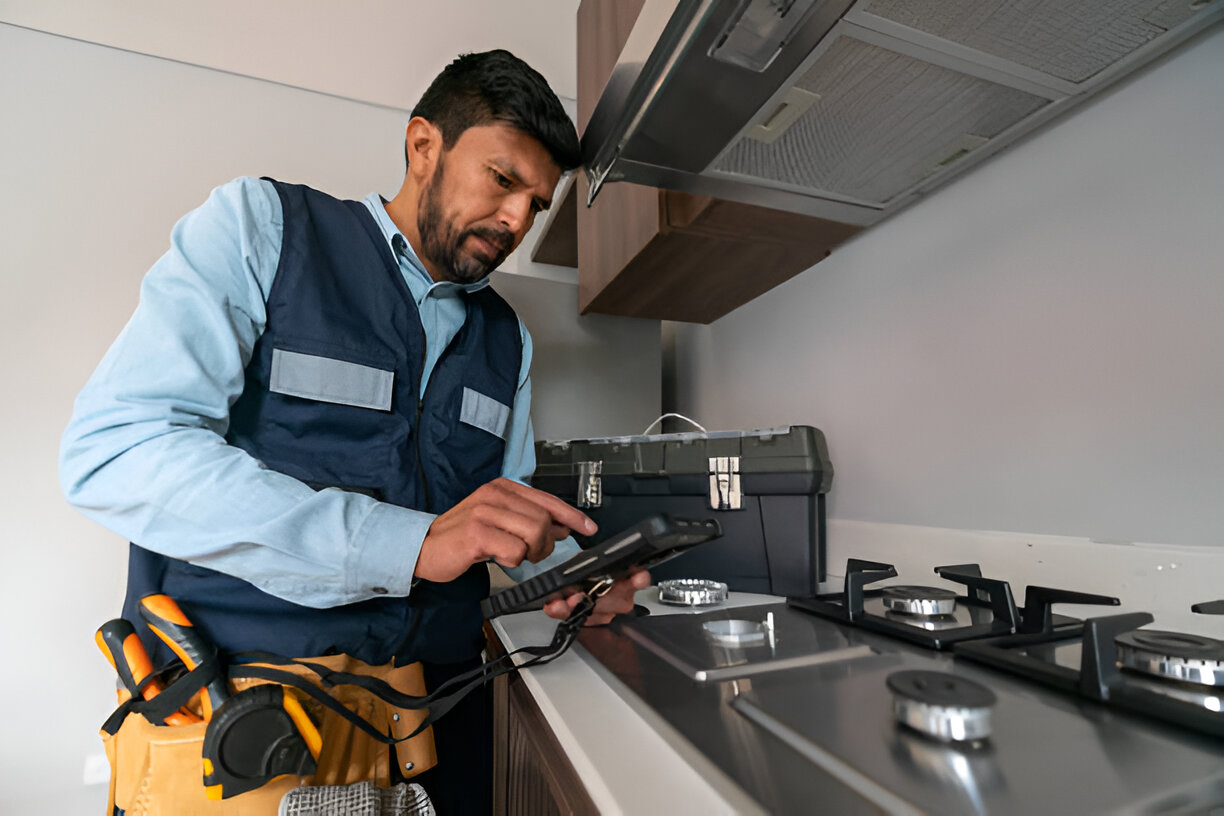
As we approach 2024, private landlords face increasingly stringent gas safety regulations, underscoring the critical importance of compliance to ensure tenant safety and avoid legal repercussions. The updated mandates require not only annual inspections by certified Gas Safe engineers but also a more rigorous documentation process. This intensification of standards raises several questions: What exactly are the changes to the regulations, and how can landlords efficiently manage these requirements to safeguard their tenants and protect their investment properties? Understanding these nuances is essential, as the consequences for non-compliance could be severe, impacting both financial standing and legal status. Let’s understand Gas Safety Check Regulations for Private Landlords – A 2024 Guide for Buy to Let.
Why Gas Safety Checks Matter for Landlords in 2024
As we approach 2024, the importance of gas safety checks become increasingly paramount for landlords. Ensuring these checks are diligently performed not only adheres to legal obligations but also significantly boosts tenant safety and property value.

Landlords must understand that compliance with gas safety regulations is not merely a bureaucratic formality but a critical measure to mitigate risks of gas leaks or malfunctioning equipment which can lead to catastrophic incidents.
The rigorous enforcement of these checks is set to intensify as regulatory bodies aim to clamp down on non-compliance. This shift is in response to heightened awareness of the potential dangers posed by unmaintained gas systems.
For landlords, the direct correlation between regular safety checks and the intrinsic value of their property cannot be overstressed. Properties acknowledged for stringent safety measures often see an appreciation in market value and attract tenants who are willing to pay a premium for assured safety.
Moreover, investment in regular gas safety checks can preempt costly legal and financial repercussions associated with gas incidents. As liability for accidents often falls on property owners, maintaining up-to-date gas safety records is indispensable.
In essence, the strategic importance of these checks for landlords transcends mere regulatory compliance, impacting both asset value and tenant trust.
What Is a Gas Safety Check? Everything You Need to Know
A gas safety check, frequently mandated by law for residential properties, involves a thorough inspection of all gas appliances, installations, and flues to ensure they are operating safely and meet specific safety standards. This evaluation is critical to prevent gas leaks, carbon monoxide poisoning, and other hazardous incidents that can arise from faulty gas systems.
During a gas safety check, certified engineers assess the physical condition of gas pipes and connectors, test the operational functionality of safety devices, and ensure proper ventilation paths are unobstructed.
It’s vital to address common misconceptions such as the belief that a visual check is sufficient or that newer appliances don’t require inspection. Contrary to these gas safety myths, every component of the gas system demands rigorous testing and verification, regardless of its age or appearance.
The process also includes checking for correct gas pressure and flow settings, ensuring appliances are suitable for the room they are located in, and confirming that safety mechanisms are responsive in case of failure.
This comprehensive approach ensures that all aspects of gas safety are adhered to, protecting tenants and property from the risks associated with gas installations.
Legal Requirements for Gas Safety: What Every Landlord Must Know
Understanding the legal obligations associated with gas safety checks is crucial for every landlord. The law mandates that all rental accommodations with gas appliances or installations must undergo an annual safety check by a qualified engineer. Non-compliance not only jeopardizes tenant safety but also exposes landlords to severe legal penalties, including significant fines and potential criminal charges.
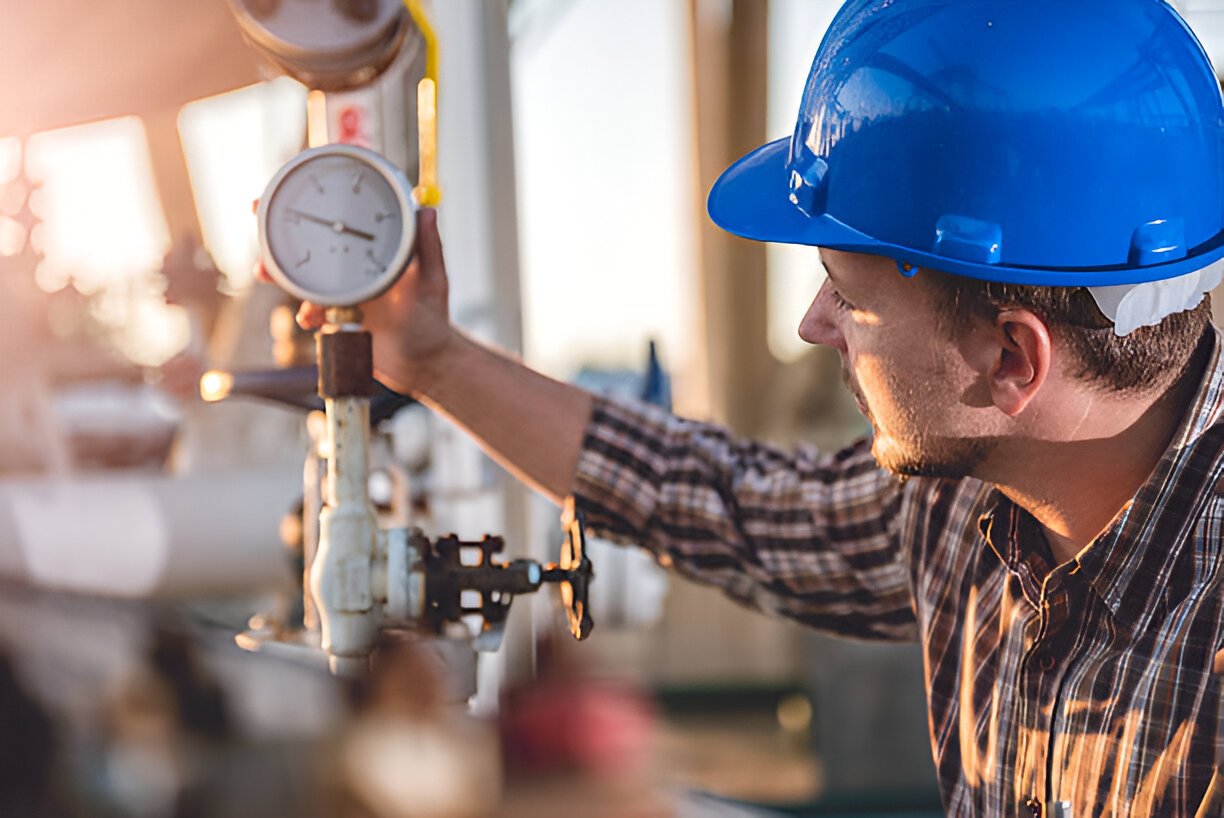
Landlords must ensure that all gas equipment is maintained in a safe condition throughout its usage. This responsibility includes keeping a detailed record of all inspections and remedial work carried out. These records, often scrutinized during legal or regulatory reviews, must be provided to tenants within 28 days of the inspection or immediately to any new tenant before they occupy the premises.
Moreover, upholding tenant rights is paramount. Tenants must be informed of their rights to a safe living environment, which includes the right to see the gas safety certificate that verifies all gas appliances have been checked and are safe to use.
Failure to respect these rights can lead to further legal actions against landlords, including negligence claims, should any gas-related incidents occur. Thus, meticulous adherence to gas safety regulations is indispensable for legal and ethical landlords.
Who Can Perform a Gas Safety Check? The Role of a Gas Safe Registered Engineer
To ensure the safety and compliance of gas appliances in rental properties, only a Gas Safe registered engineer is authorized to conduct the annual gas safety check. This mandate is an integral part of maintaining high standards of gas safety, safeguarding tenants, and protecting property from the hazards of poorly maintained gas systems.
A Gas Safe registered engineer has undergone rigorous training and assessment to ensure they are competent in managing all aspects of gas safety. Their certification is a testament to their expertise, which is periodically reassessed to align with evolving regulations and technological advancements in gas appliances and systems.
Engaging a non-registered individual not only contravenes regulatory stipulations but also exposes landlords to legal repercussions and jeopardizes tenant safety.
Registered engineers are equipped to evaluate the operational integrity of gas pipelines, connectors, appliances, and ventilation systems. They systematically assess risks and execute the necessary corrective measures. Their inspection report forms an essential record that landlords must maintain as part of compliance documentation.
Landlords must verify the credentials of engineers by checking their Gas Safe registration, ensuring that their qualification specifically covers the type of gas work required for the property.
How Often Do You Need a Gas Safety Check for Your Rental Property?
To ensure the safety of tenants and the compliance of rental properties, private landlords are required to arrange for an annual gas safety check. This stipulation is mandated by law to prevent any potential hazards that could arise from faulty gas systems.
The frequency guidelines are clear: an inspection must be performed every 12 months without exception, and it is the responsibility of the landlord to ensure these checks are up to date-and properly documented.
The importance of adhering to these regulations cannot be overstated, as they are designed not only to protect the physical health of tenants but also to safeguard the property owner from legal repercussions.
Landlords must maintain a rigorous schedule and keep accurate records of each inspection. This meticulous approach facilitates the early identification and resolution of gas-related issues, thereby mitigating risks.
Tenant responsibilities also play a critical role in maintaining gas safety. Tenants must provide access to their premises for scheduled checks and report any suspected gas problems immediately.
Educating tenants about their role in gas safety can further enhance the effectiveness of these preventive measures, ensuring a safer living environment for all occupants.
Gas Safety Certificate: What It Is and How to Stay Compliant
Following the annual gas safety checks, landlords must secure a Gas Safety Certificate as proof of compliance with safety regulations. This document is a critical legal requirement that certifies all gas appliances, pipework, and flues in the property have been checked by a qualified engineer and found to be safe.
The certificate must include specific details such as the date of the check, the address of the property, the name and registration number of the engineer, and any detected defects and actions taken to remedy them.
To ensure ongoing compliance, landlords should adhere to several key practices.
Firstly, schedule annual checks without fail and maintain records for at least two years.
Employ only Gas Safe registered engineers for inspections and repairs, as their certification guarantees the necessary technical competence.
Promptly address any safety issues identified during the inspection, following the engineer’s recommendations closely.
What Happens If You Fail to Comply? Consequences and Fines in 2024
Failing to adhere to gas safety regulations can result in severe penalties for private landlords. In 2024, the updated regulatory framework has emphasized stricter compliance implications, reflecting the critical nature of ensuring tenant safety. Non-compliance can lead to substantial fines, which, depending on the severity and frequency of the violations, might escalate to criminal charges.
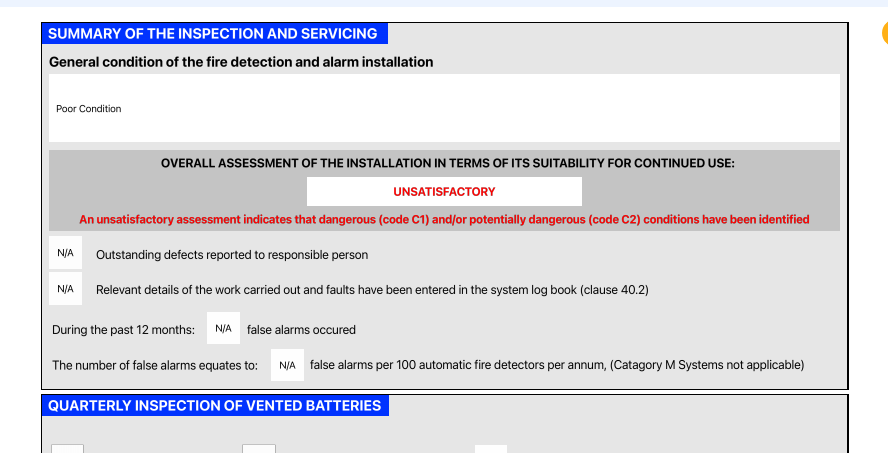
The penalties overview for 2024 includes an initial fine that can range from £6,000 to £20,000 per noncompliant property. Further, repeated failures or gross negligence could result in higher penalties or even imprisonment for up to six months. This escalation reflects the authorities’ commitment to enforce these safety measures rigorously.
Landlords must understand that these fines and potential legal actions are not merely punitive but are designed to incentivize adherence to safety norms and protect tenant welfare.
The legal framework also provides for periodic reviews of compliance levels, with provisions for additional inspections and audits. Engaging in regular maintenance, timely certifications, and adherence to the prescribed check intervals are essential practices to avoid these severe financial and legal consequences.
Thus, mastery of the regulatory landscape is crucial for all private landlords in the buy-to-let sector.
Conclusion
In conclusion, adherence to the 2024 gas safety check regulations is paramount for private landlords to ensure compliance and tenant safety. Meticulous documentation and regular inspections by certified Gas Safe registered engineers are essential. Landlords must understand the significance of the gas safety certificate and address any safety concerns promptly to avoid severe penalties. Failure to comply not only risks legal repercussions but also endangers the well-being of tenants, underscoring the critical nature of these regulations.
About the Author: LandlordCertificate
Related Posts
Get Social
Recent Posts
- EICR Report Validity: How Long Before You Need a New One?
- Fire Risk Assessment Report London: Essential Steps and Legal Requirements
- Reliable Gas Safety Inspection by Gas Safe Registered Engineers
- The Role of Fire Extinguisher Inspection in Fire Risk Management
- How to Stay Compliant with Emergency Lighting Test Certificate Rules


